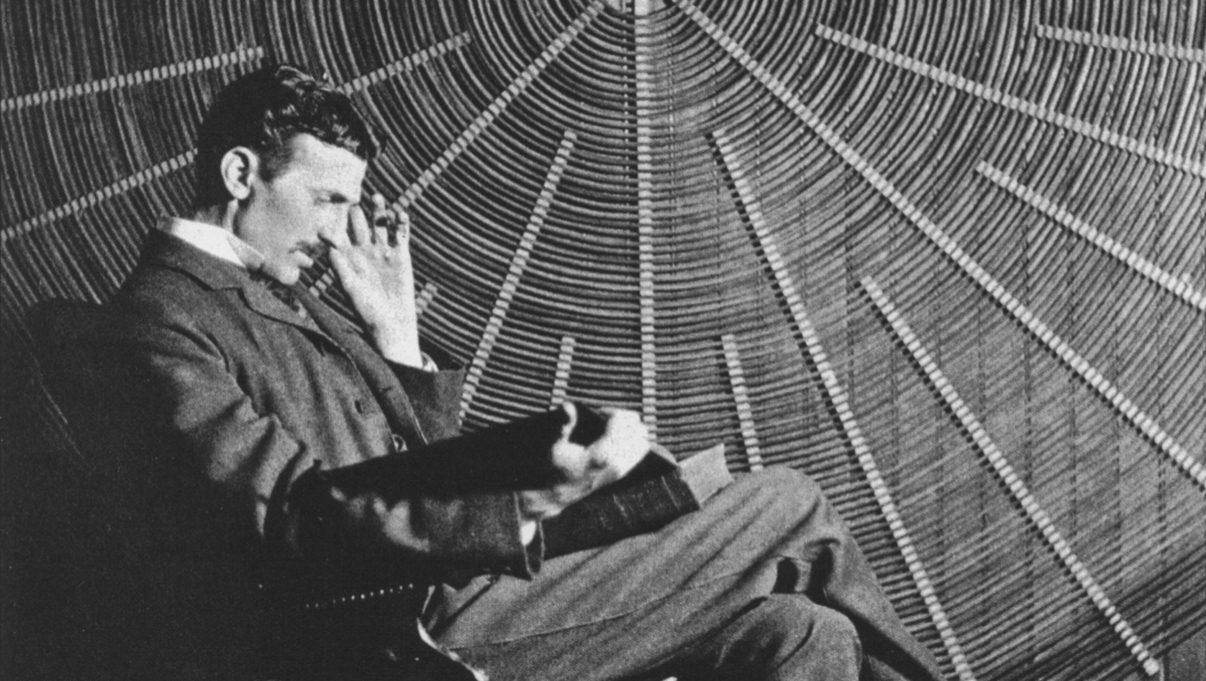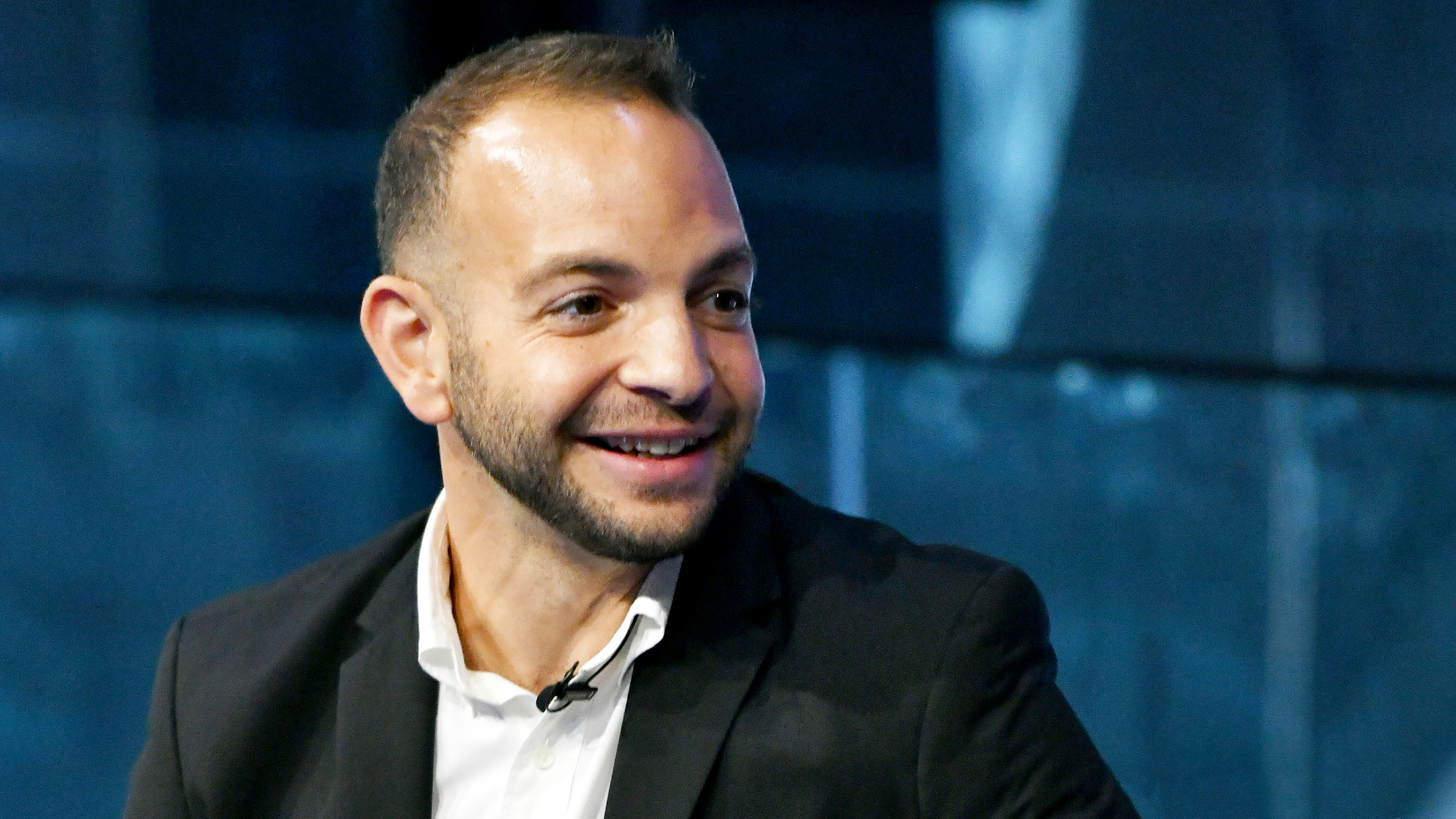Looking for Love with All the Wrong Devices (Because People I Only Like)

Our famous novelist Jonathan Franzen gave quite the challenging commencement address at Kenyon. Here’s what he said about technology and eros:
Let me toss out the idea that, as our markets discover and respond to what consumers most want, our technology has become extremely adept at creating products that correspond to our fantasy ideal of an erotic relationship, in which the beloved object asks for nothing and gives everything, instantly, and makes us feel all powerful, and doesn’t throw terrible scenes when it’s replaced by an even sexier object and is consigned to a drawer.
To speak more generally, the ultimate goal of technology, the telos of techne, is to replace a natural world that’s indifferent to our wishes — a world of hurricanes and hardships and breakable hearts, a world of resistance — with a world so responsive to our wishes as to be, effectively, a mere extension of the self.
Let me suggest, finally, that the world of techno-consumerism is therefore troubled by real love, and that it has no choice but to trouble love in turn.
Franzen doesn’t mean that our devices–such as our blackberries–are really sexual. I admit I have days when I spend a good deal of time fondling mine, but not in a creepy way. There’s no such thing as a sexy machine. And contrary to Mr. Kurzweil, it’s clear that if and when we become conscious roborts, we’ll cease being sexy and, of course, loving. We may still like other robots, though.
Franszen means that we our fantasy is to be able to take all the risk out of our relationships. We want to receive without having to give, and we want enough control that indifference to our wishes and “rejection” aren’t possibilities. We want to replace natural relationships with technological ones, with ones that we made with our “self”-ish or personal needs in mind. (Blackberries and soon robots are better versions of dogs, which we also invented to be of uncritical service to us. The dog, of course, remains natural to a a degree, and so capable, unlike the blackberry, of biting the hand that feeds him.)
So, from the beginning, the modern, technological project has been at war with the unpredictability of love and the elusiveness or incomprehensibility of anyone we can’t control. As Franzen goes on to explain, we’d rather like annd be liked than love and be loved. There are reliable techniques to get people to like you, and you like them back, but with a bit of contempt. But to be satisfied with liking is “cowardly.” It’s about, as they say, fear of the unknown, diverting oneself from the irreducible mystery of one self in love with another. It’s true, as the song says, I don’t have to like you to love you. And there’s nothing you can (reliably) do that will make me love you.
Franzen concludes that we’re all really angry we’re going to die. And love is the compensation we have for death. The transhumanists–or techno-enthusiasts on steroids–want to bring death to an end, and then we won’t need to love to curb our anger . But our increasingly technologized world won’t really end death, but it makes love, in some ways, tougher than ever.
(Kristian Canler called this speech–which has its weak side too [the stuff about the birds]–to my attention.)





